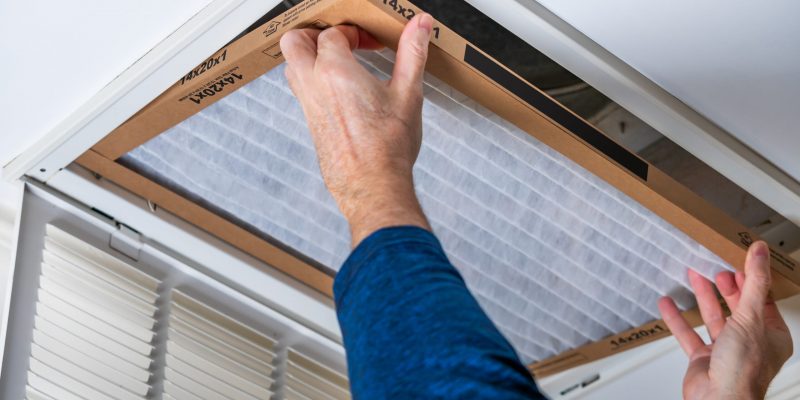How Often Should I Change My Air Filters in My Home?
Your home’s air filters play a crucial role in maintaining air quality, improving HVAC efficiency, and reducing allergens. But how often should you change them? The answer depends on several factors, including your household size, pets, and the type of air filter you use. At Superior Heating & Air Conditioning, LLC, we help homeowners maintain clean, healthy air by providing expert guidance on filter maintenance. If you’re looking to improve air quality in Lake Carolina, keep reading to learn the best schedule for replacing your filters.
How Often Should You Change Your Air Filters?
Standard Recommendations for Air Filter Replacement
For most homes, a general rule of thumb is:
- Every 1–2 months if you have allergies or asthma
- Every 2–3 months for average households without pets
- Every 3–6 months if you live alone or don’t use your HVAC system frequently
These guidelines provide a good starting point, but several other factors can impact how often you should replace your filters.
Factors That Affect How Often You Should Change Your Air Filters
1. Number of People in Your Home
More people means more dust, pet dander, and airborne particles circulating through your HVAC system. Larger households should replace filters more frequently to maintain optimal air quality.
2. Pets in the Home
If you have pets, especially dogs or cats that shed, dander can clog your air filter quickly. Homes with pets should change filters every 1–2 months to prevent buildup.
3. Type of Air Filter You Use
Not all filters are created equal. Some last longer than others based on their materials and efficiency ratings:
- Fiberglass filters (cheapest option) should be changed every 30 days.
- Pleated filters last 60–90 days but require frequent checks.
- HEPA filters can last up to 6 months but need regular inspections.
4. Seasonal Changes
During peak seasons (summer and winter), your HVAC system works harder, leading to faster filter buildup. Plan to check and replace filters more often during these months.
5. Allergies and Health Concerns
If someone in your household has allergies, asthma, or respiratory conditions, replacing filters every 1–2 months is crucial to reducing airborne irritants.
Benefits of Changing Your Air Filters Regularly
1. Improved Indoor Air Quality
Your air filter traps dust, pollen, and allergens, preventing them from circulating in your home. If you neglect filter changes, these pollutants can accumulate, leading to poor air quality and potential health issues.
2. Increased HVAC Efficiency
A clogged filter forces your HVAC system to work harder, reducing efficiency and increasing energy bills. Regularly replacing your filter ensures smooth airflow and lower utility costs.
3. Extends the Life of Your HVAC System
Dirt and debris can cause wear and tear on your HVAC components. Routine filter changes help prevent costly repairs and extend the lifespan of your heating and cooling system.
4. Reduces Allergy Symptoms
For those with allergies, dirty filters can make symptoms worse. By replacing filters on schedule, you can keep allergens under control and create a healthier living environment.
How to Choose the Right Air Filter
Understanding MERV Ratings
Air filters have a Minimum Efficiency Reporting Value (MERV) rating that measures their ability to trap particles.
- MERV 1-4: Basic protection, filters out large particles like dust and lint.
- MERV 5-8: Captures pollen, mold spores, and pet dander.
- MERV 9-12: Blocks finer particles like lead dust and some bacteria.
- MERV 13-16: High-efficiency filtration, removes smoke, bacteria, and allergens.
For homes looking to improve air quality in Lake Carolina, a MERV 9–12 filter is a good balance between filtration and airflow.
HEPA Filters: Are They Worth It?
HEPA (High-Efficiency Particulate Air) filters are excellent at removing small particles and allergens. However, they can restrict airflow in some HVAC systems. Consult an air quality company like Superior Heating & Air Conditioning, LLC to see if a HEPA filter is compatible with your system.
How to Change Your Air Filter
-
Turn Off Your HVAC System
Always switch off your system before replacing the filter to avoid drawing in unfiltered air. -
Locate the Filter
Most filters are found in the return air duct or inside the HVAC unit. -
Check the Size
Your old filter will have dimensions printed on the side. Make sure you purchase the same size. -
Remove the Old Filter
Pull out the old filter carefully to avoid spreading dust. -
Insert the New Filter
Ensure the arrows on the filter frame point in the direction of airflow. -
Turn Your System Back On
Once the filter is securely in place, restart your HVAC system.
Signs You Need to Change Your Air Filter Sooner
If you’re unsure whether it’s time for a new filter, look for these warning signs:
- Increased Dust in Your Home: If you notice more dust settling on furniture, your filter may be clogged.
- Higher Energy Bills: A struggling HVAC system due to a dirty filter will use more energy.
- Unpleasant Odors: Dirty filters can lead to musty or stale indoor air.
- Frequent Allergy Symptoms: If allergies are acting up, your filter may no longer be trapping airborne particles effectively.
The Role of an Air Quality Company in Maintaining Your HVAC System
A professional air quality company can help ensure your filters are changed on time and your HVAC system is running efficiently. Regular maintenance, including duct cleaning and air quality assessments, can further improve the air in your home. If you’re concerned about indoor air quality, Superior Heating & Air Conditioning, LLC offers expert solutions tailored to your needs.
Call to Action
Replacing your air filters on schedule is one of the easiest ways to maintain air quality in Lake Carolina and keep your HVAC system running smoothly. If you need guidance on choosing the right filter or scheduling routine maintenance, contact Superior Heating & Air Conditioning, LLC.
Call us today at (803) 272-3071 or schedule an appointment online to improve your home’s air quality and HVAC efficiency.




